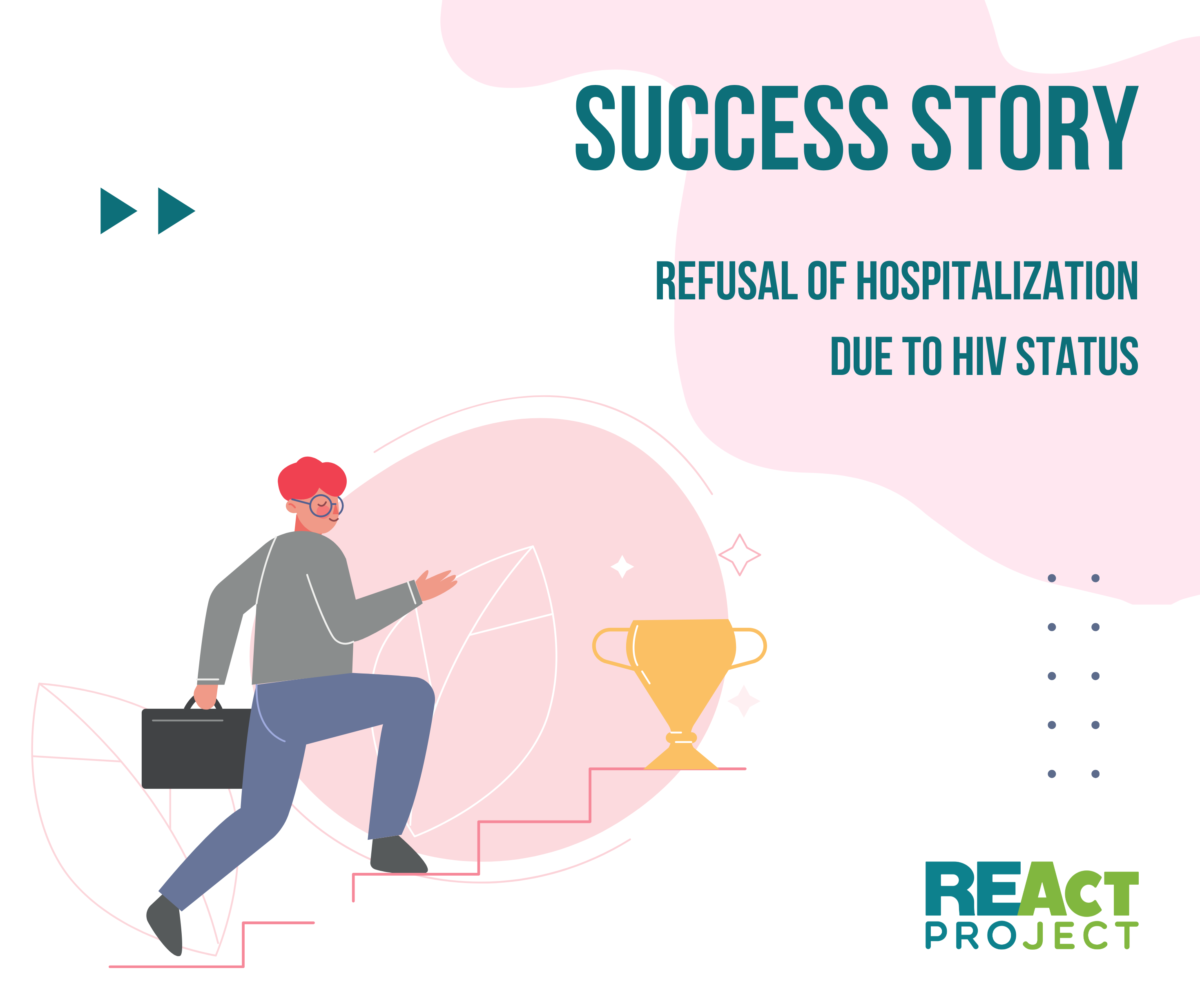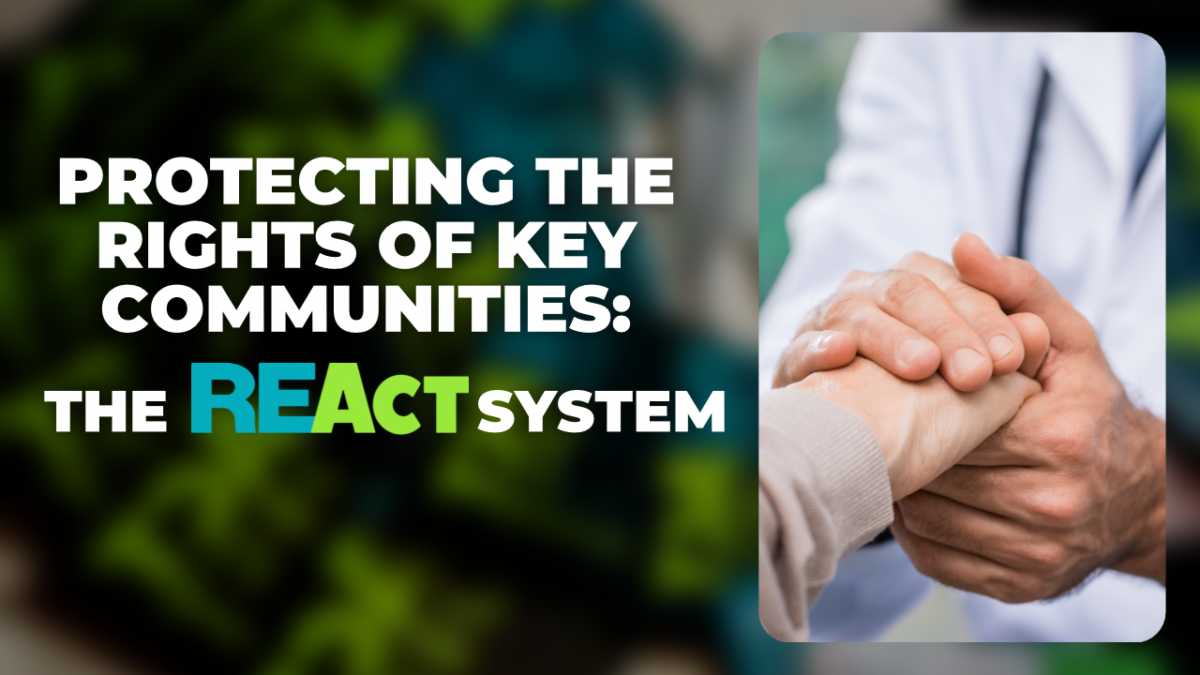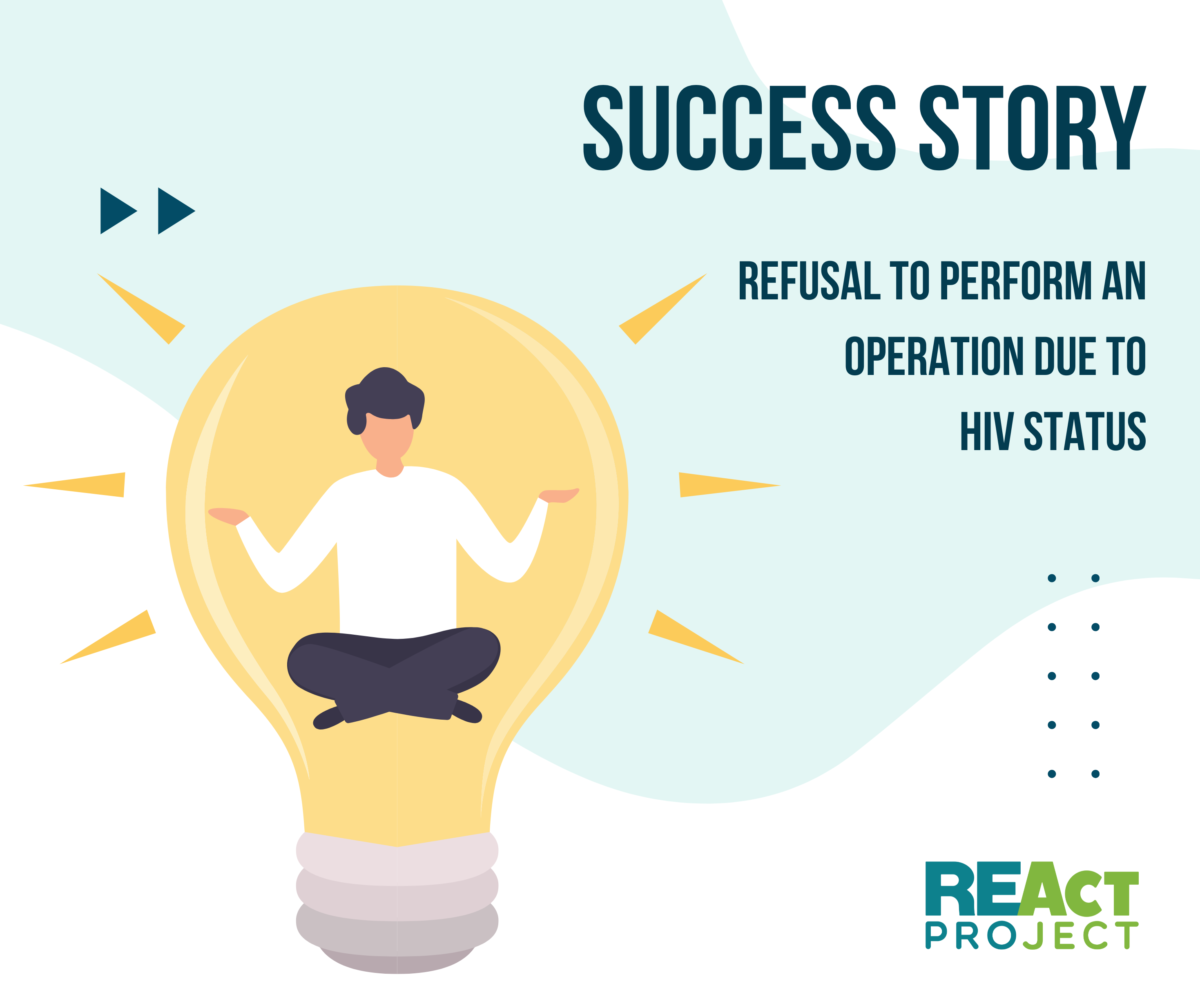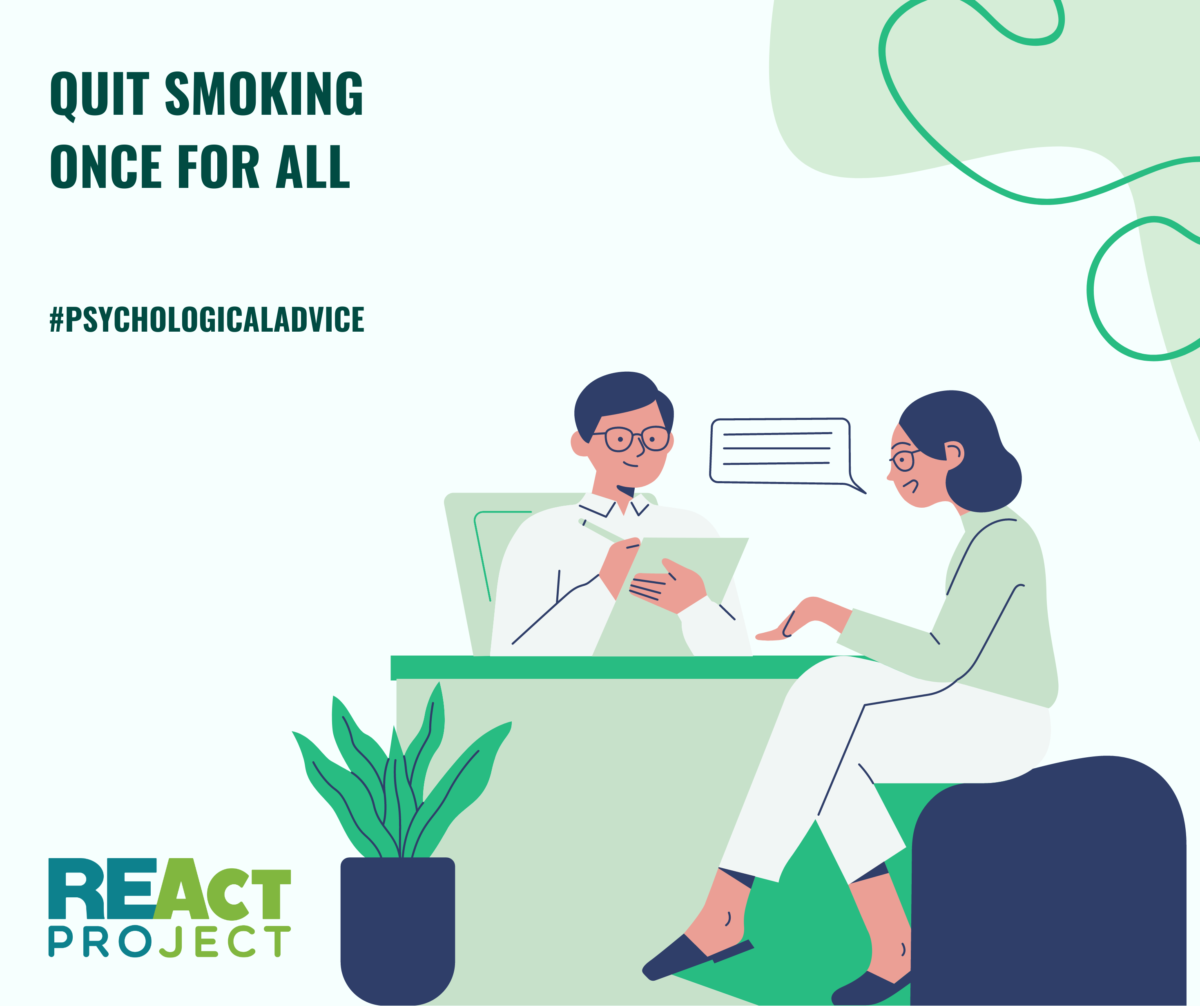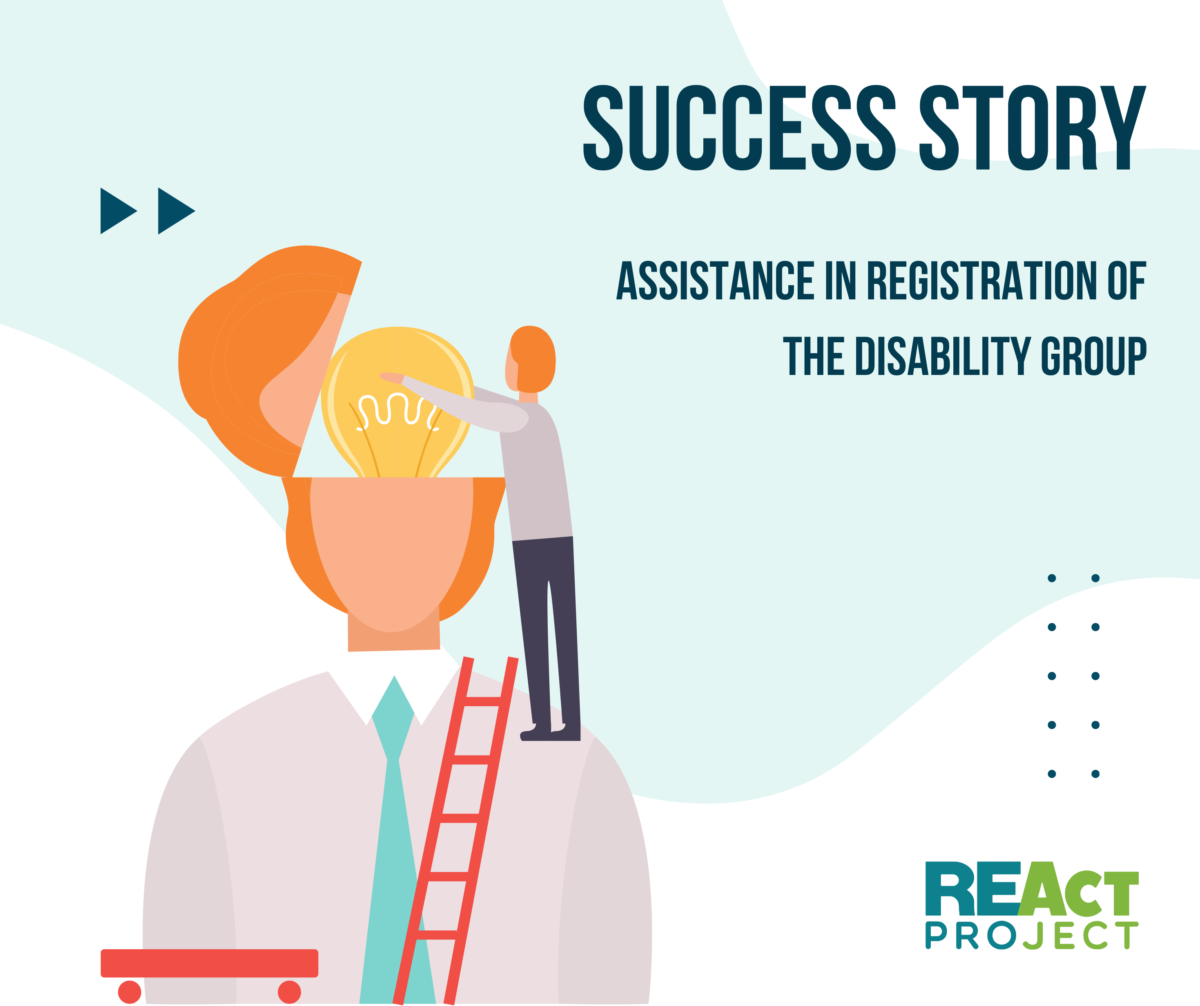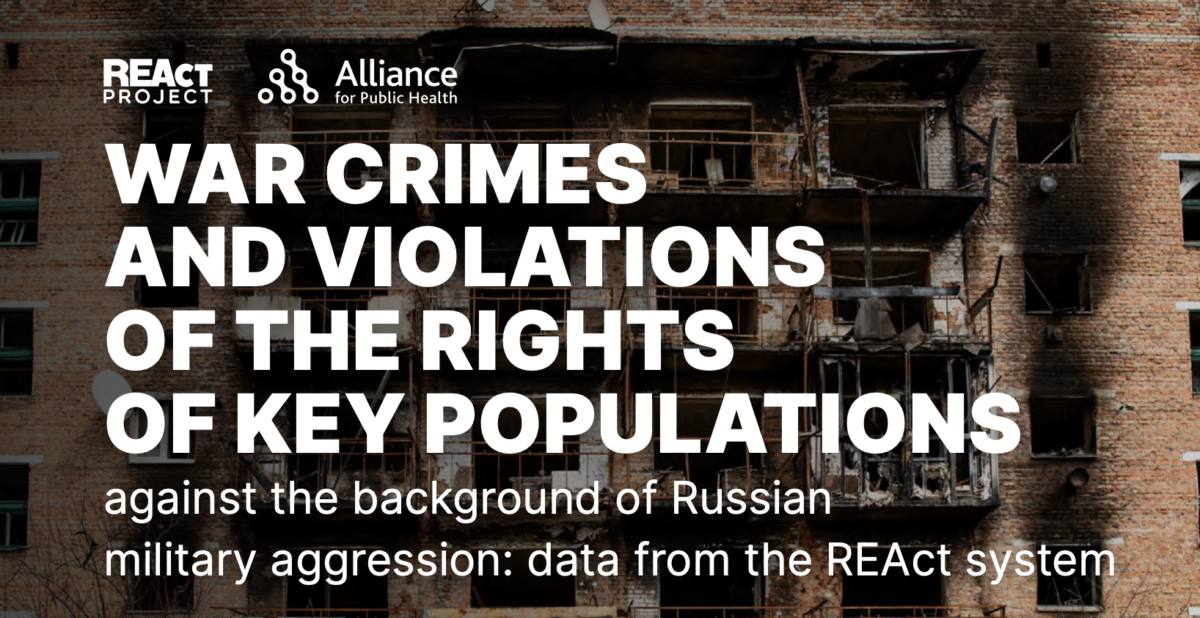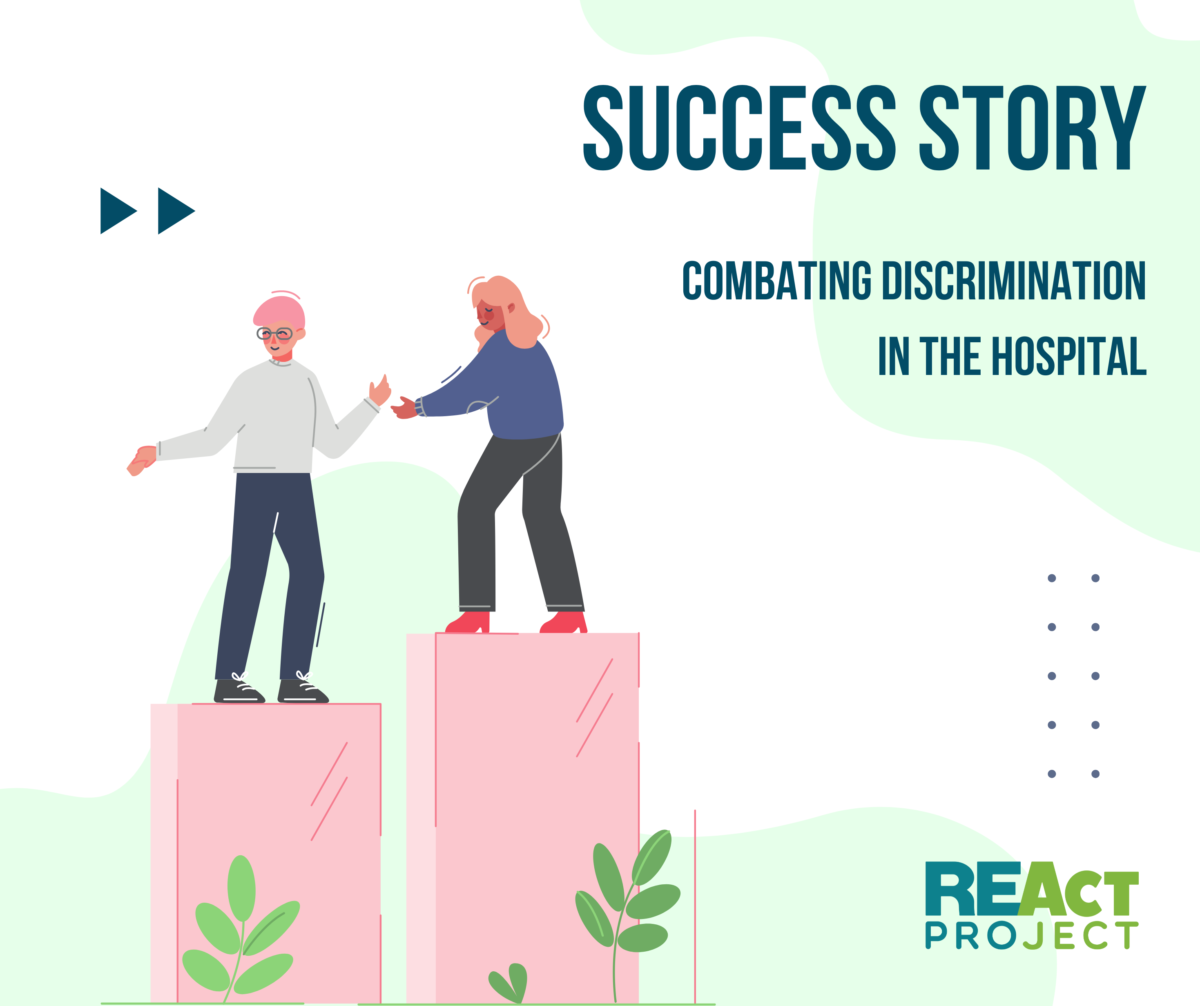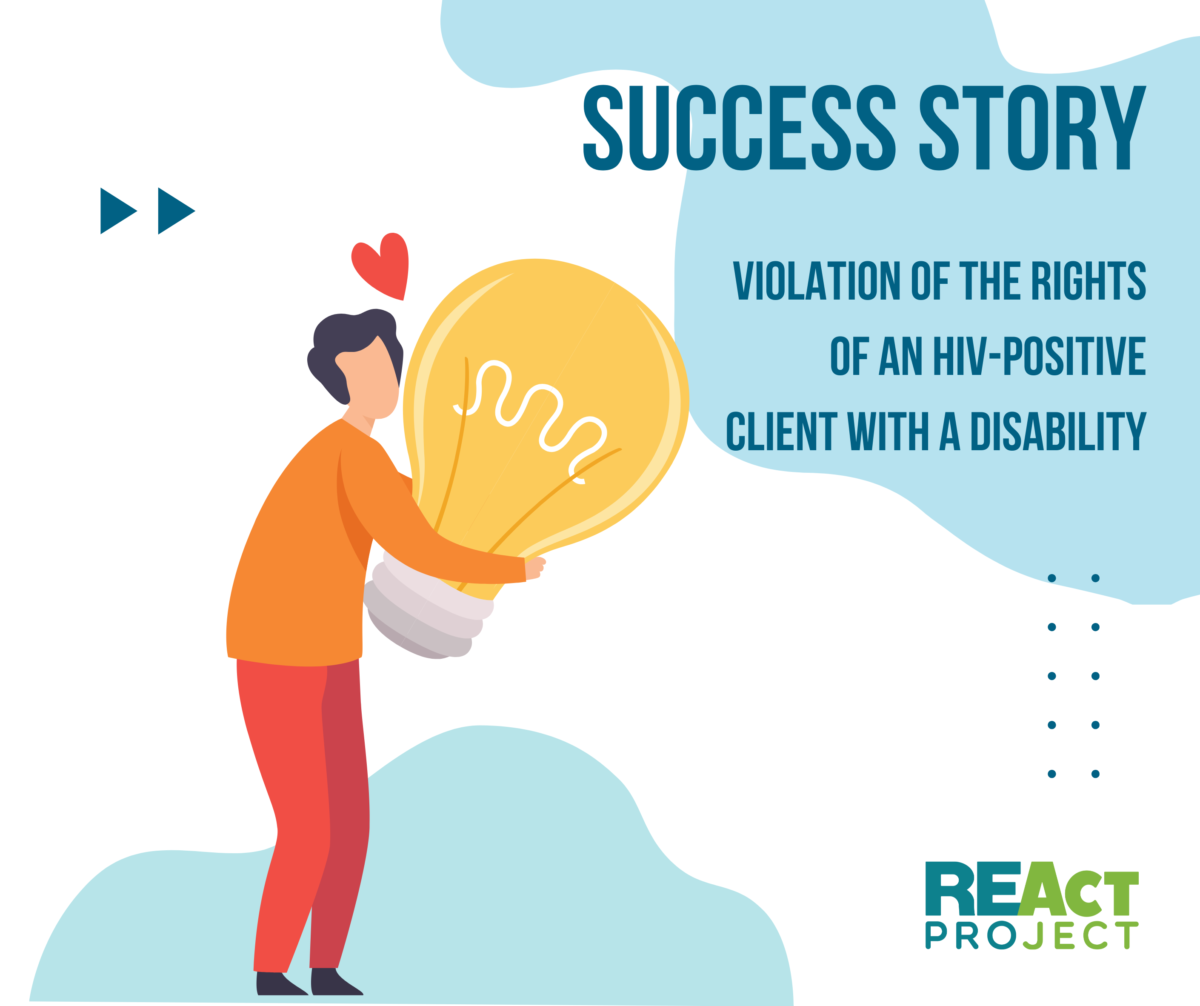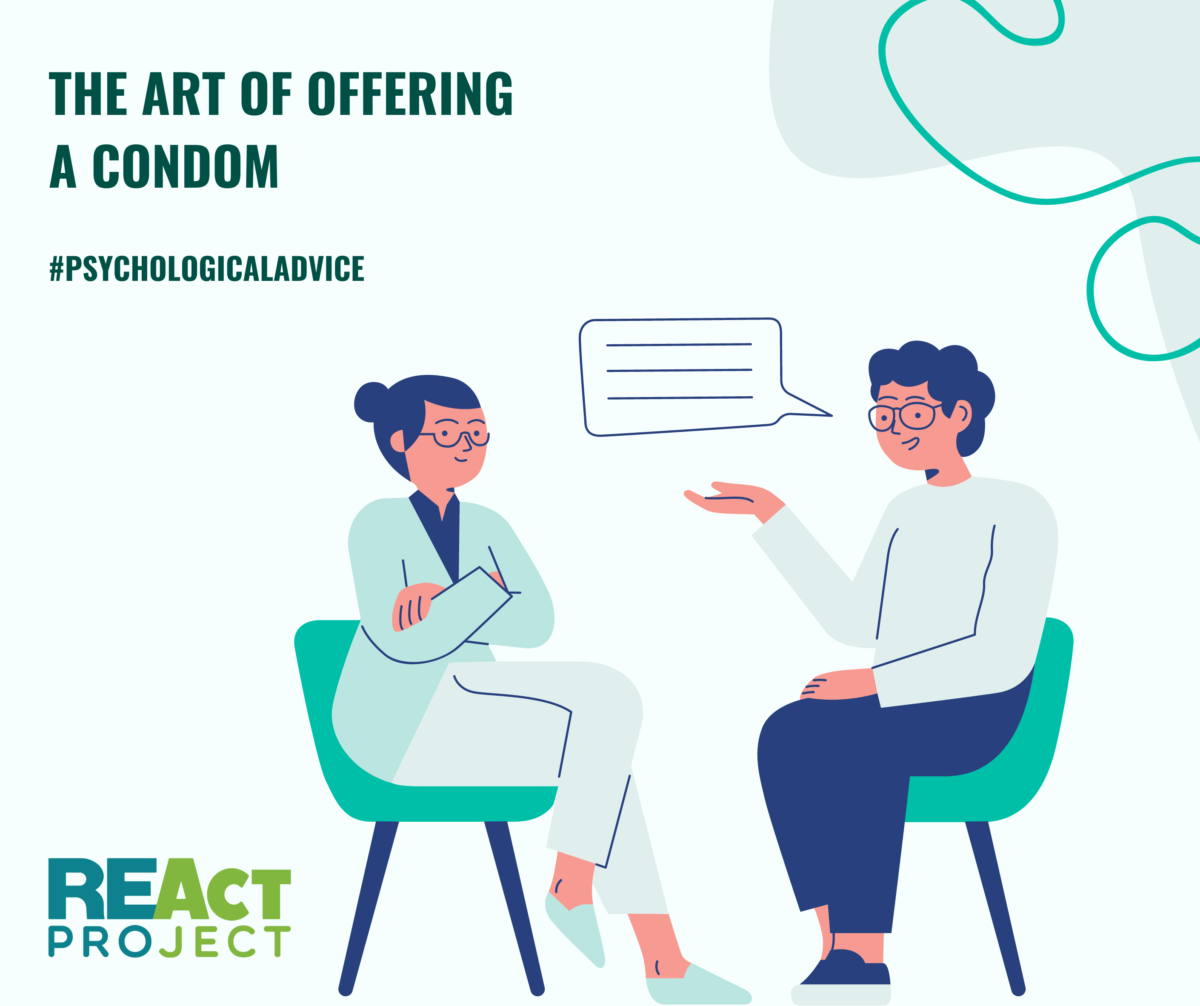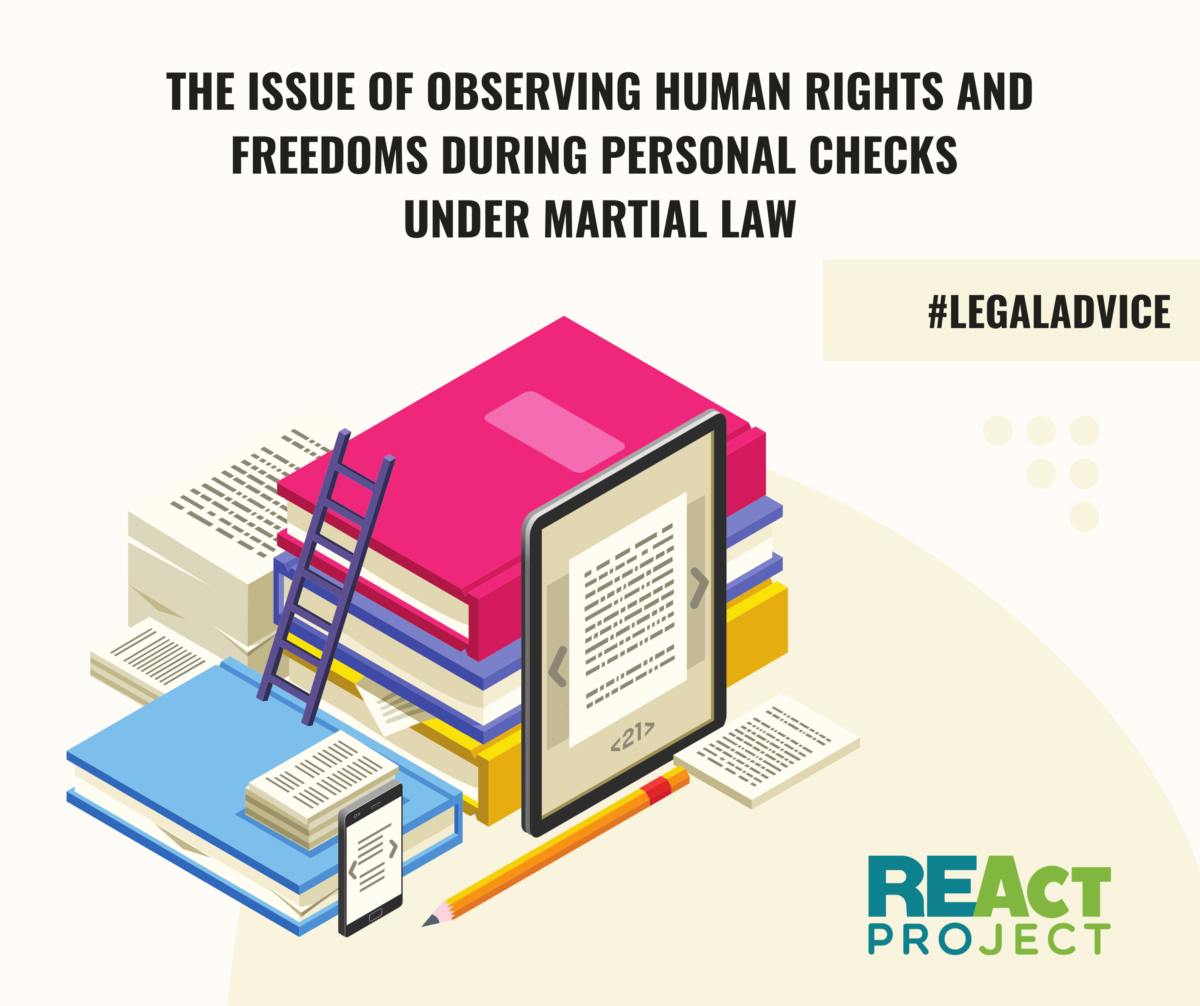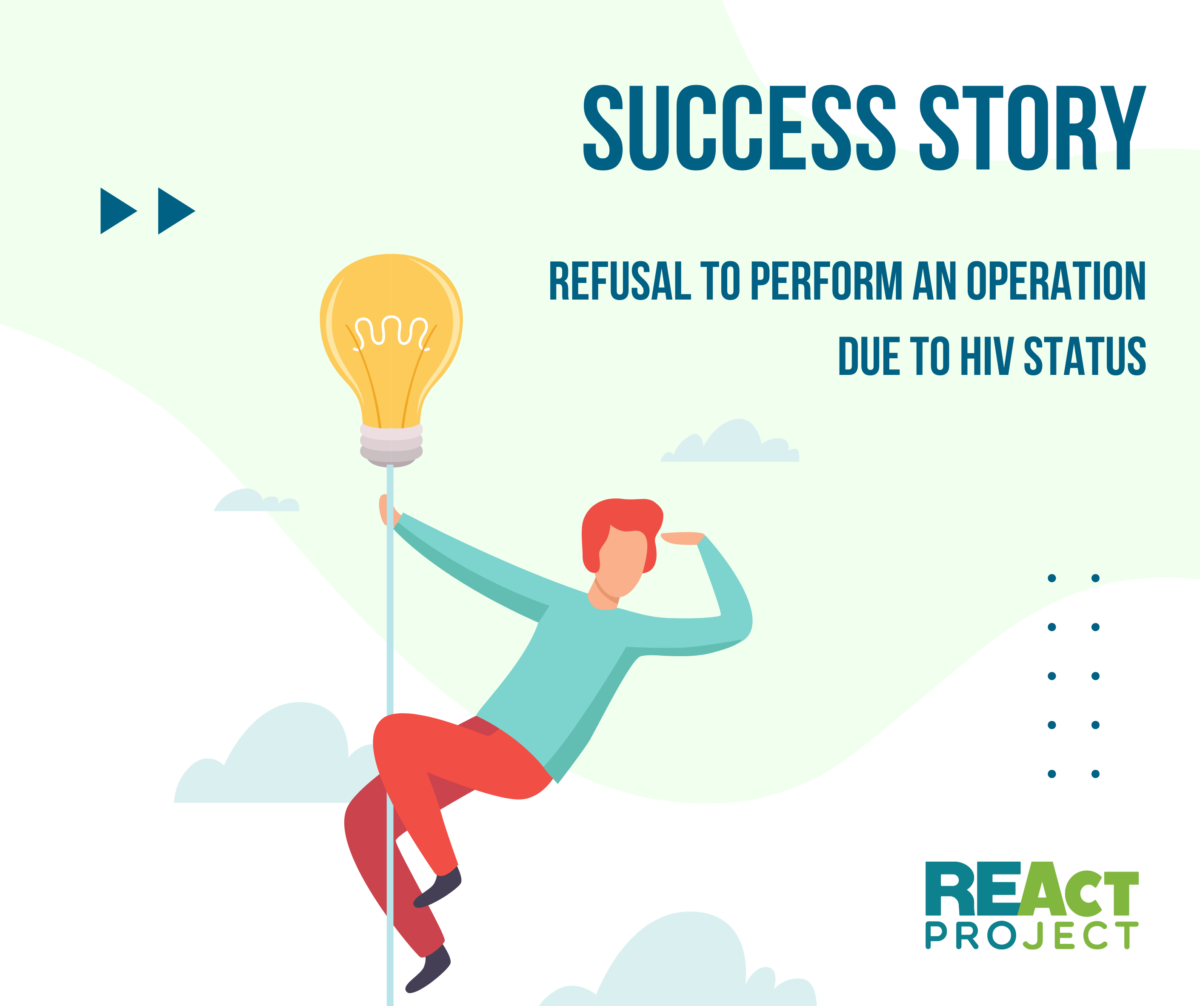Due to the military aggression of the Russian Federation, martial law was introduced in Ukraine. The introduction of martial law involves measures of additional control over internal security in the state.
Police officers, servicemen of the Ukrainian Armed Forces, representatives of the State Security Service, the National Guard, and some other officials of state bodies, including territorial defense authorities, have the right to stop and check documents or detain persons who violate established regime requirements. Because of this, there are sometimes misunderstandings, which can lead to the corresponding consequences. Let’s try to understand this issue.
What should be understood? Currently, due to the state of martial law, the “Procedure for checking documents of persons, inspecting things, vehicles, luggage and cargo, official premises and residences of citizens while ensuring the measures of the legal regime of martial law” is in force in Ukraine, established by Resolution of the CMU of December 29, 2021 No. 1456.
With the beginning of hostilities, in addition to patrolling policemen, military personnel and representatives of local territorial defense units began patrolling our cities. According to reports from clients of the REAct project, there were cases when, not only during the curfew but also in the middle of the day, they were stopped on the street by some military personnel or representatives of the TRD with a request to show documents, things and the contents of the phone. If in cases with the police how to behave and what the police have the right to do and what they don’t have is more or less clear to some people, then in cases of contacts with the military and representatives of the TRD, it is not.
In general, if you approach the issue strictly according to the law, then first of all it is desirable to find out with whom exactly you are dealing – with a military patrol, representatives of TRD bodies, or members of public voluntary formations of the local community. According to the current legislation, servicemen of the Armed Forces have the right to conduct such inspections of citizens, and the territorial defense forces are part of the structure of the Armed Forces, that is, they can also be authorized to conduct them. However, voluntary formations of local communities are made up of civilians on a voluntary basis, who are not granted such a right by law.
Before complying with the requirements of the persons conducting the inspection, it is advisable to ask them to introduce themselves in person and inform them of the legal grounds for your stop, checks, or detention, which they are required to do by law. At the same time, one should behave politely and calmly, contributing to constructivism. Do not try to argue and swear with the persons conducting the inspection, especially if it occurs at a roadblock!
What should be remembered and kept in mind? Now in our country, there is a state of war, and different situations can arise, so it is necessary to have documents certifying your identity with you.
In the case of checking your identity, they will be necessary, as by law the authorized person has the right to demand that the person present documents certifying identity and confirming Ukrainian citizenship or special status. Their absence may lead to administrative detention in accordance with Art. 263 of the Code of Criminal Procedure for up to 3 hours, and in some cases for identification purposes – up to 3 days. An administrative protocol must be drawn up for administrative detention by the persons conducting the detention.
Separately, it should be noted that if a person remained outside after curfew, he must have with him not only personal documents but also clear explanations of the reasons for his actual violation of curfew. Otherwise, the checking person not only can but is even obliged to detain such a violator. At the same time, the mere presence of personal documents in a person’s possession may not help him escape detention.
At the same time, the authorized person may also conduct a surface inspection by visual inspection of the person, carrying out a surface inspection of the person’s clothing with a hand, a special device or means, and visual inspection of things, baggage, cargo, and/or vehicle. Such an inspection is carried out if there are sufficient grounds to believe that there are items whose circulation is prohibited or restricted, which pose a threat to people’s life or health. A surface check is carried out by an authorized person of the same sex. In urgent cases, a surface inspection can be carried out by any authorized person only with the use of a special device or tool.
The specified rules are mandatory and the same for all inspecting persons, regardless of their official position (National Police, Armed Forces or Territorial Defense, National Guard, etc.). Features of martial law added another type of check – checking the phone and its contents. Although your phone may contain some private, personal information that is protected from interference by law, martial law imposes certain restrictions on your rights and gives the person inspecting it the right to investigate the matter with the presence of the information. regarding military and other important objects, the movement of troops or military personnel, and other information, the collection of which by unauthorized persons is prohibited according to the regime requirements. If requested, the person must provide their phone for such verification.
In particular, it is necessary to warn about the prohibition of such an action as the demonstrative recording of the phone of military personnel who are conducting an inspection, somewhere at a checkpoint in the event of any disputes and disagreements with their actions, acting on the example of recording the actions of the police before the war, the experience of which in peacetime was very little the number of public activists, including with NGOs. It should be understood that now is wartime and this is prohibited. Such actions may cost the person immediate detention.
And what to do if a person believes that his rights have been violated by the officials who checked him or took other actions in relation to him?
First of all, it should be remembered that there are a number of rights and freedoms that cannot be limited even in wartime. They include, among others right to life; to respect for dignity, freedom, and personal integrity, the right to protect one’s life and health, and the life and health of other people from illegal encroachments; the right of every person to apply to the state to protect his life and health; including the right to protect rights and freedoms in court, etc.
Secondly, if you see that representatives of law enforcement, the military, or other bodies violated your rights, or committed illegal actions, then you can first complain to the commander of the unit where the violator serves.
If such information is not known, or if it does not help or is impossible, you can contact the commandant’s office or the military administration. You can also call the hotline of the Ministry of Defense and the Armed Forces – 0800 50 04 42, or the National Police – 102, respectively.


